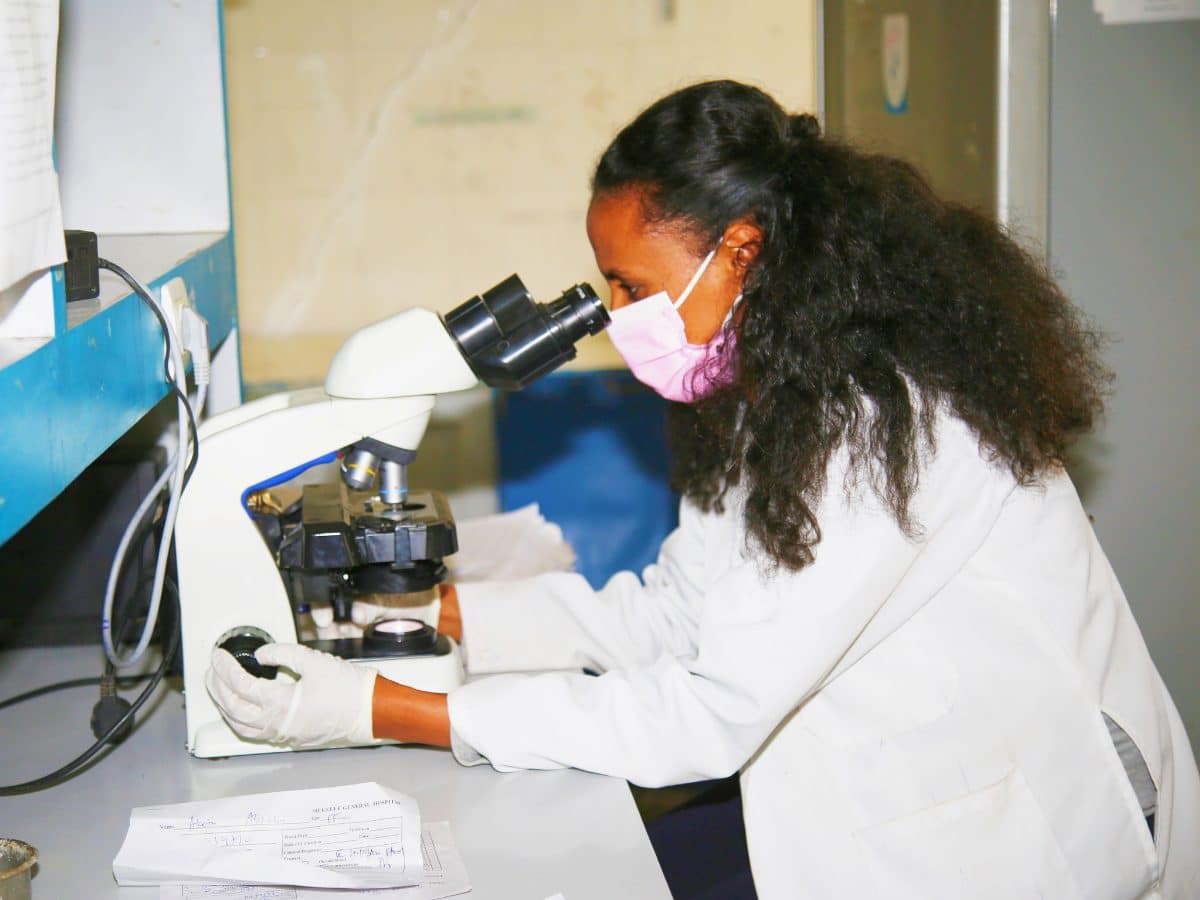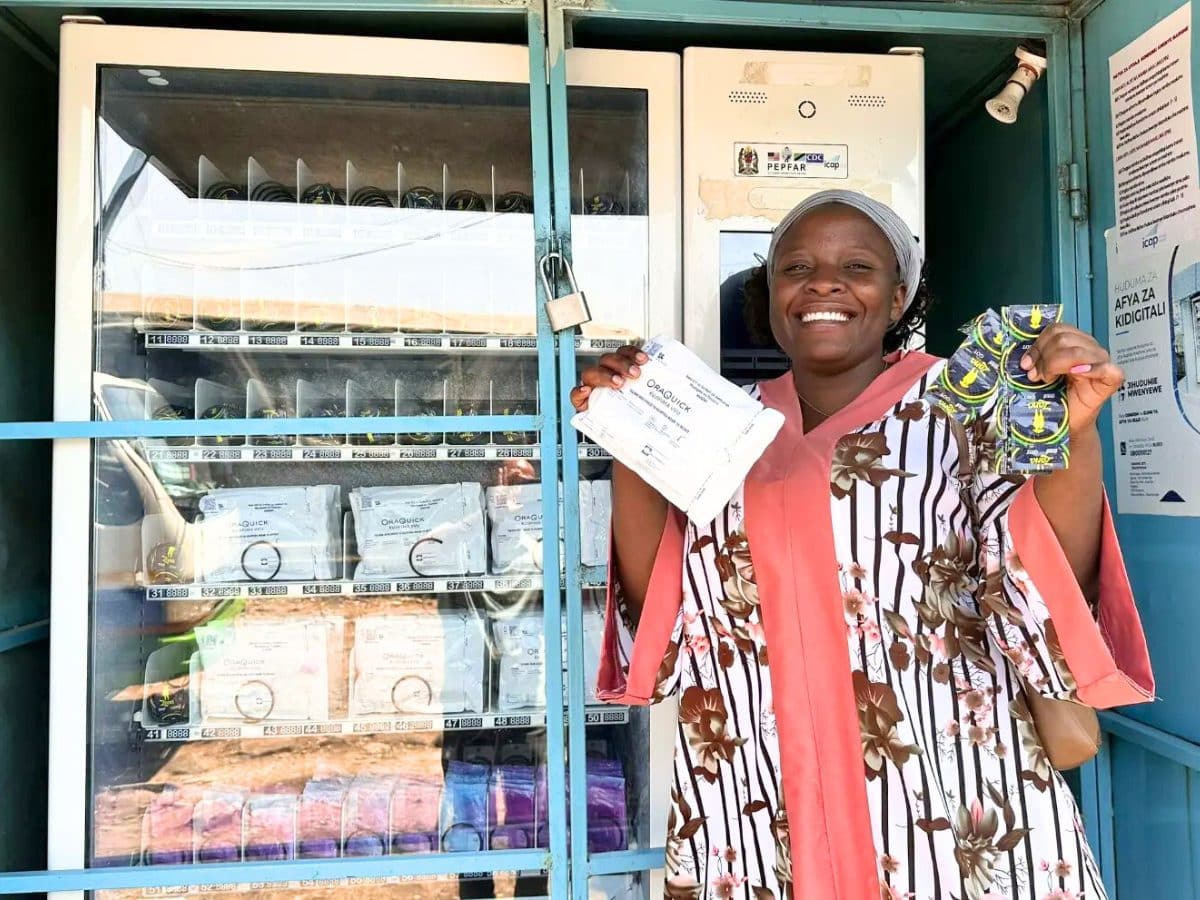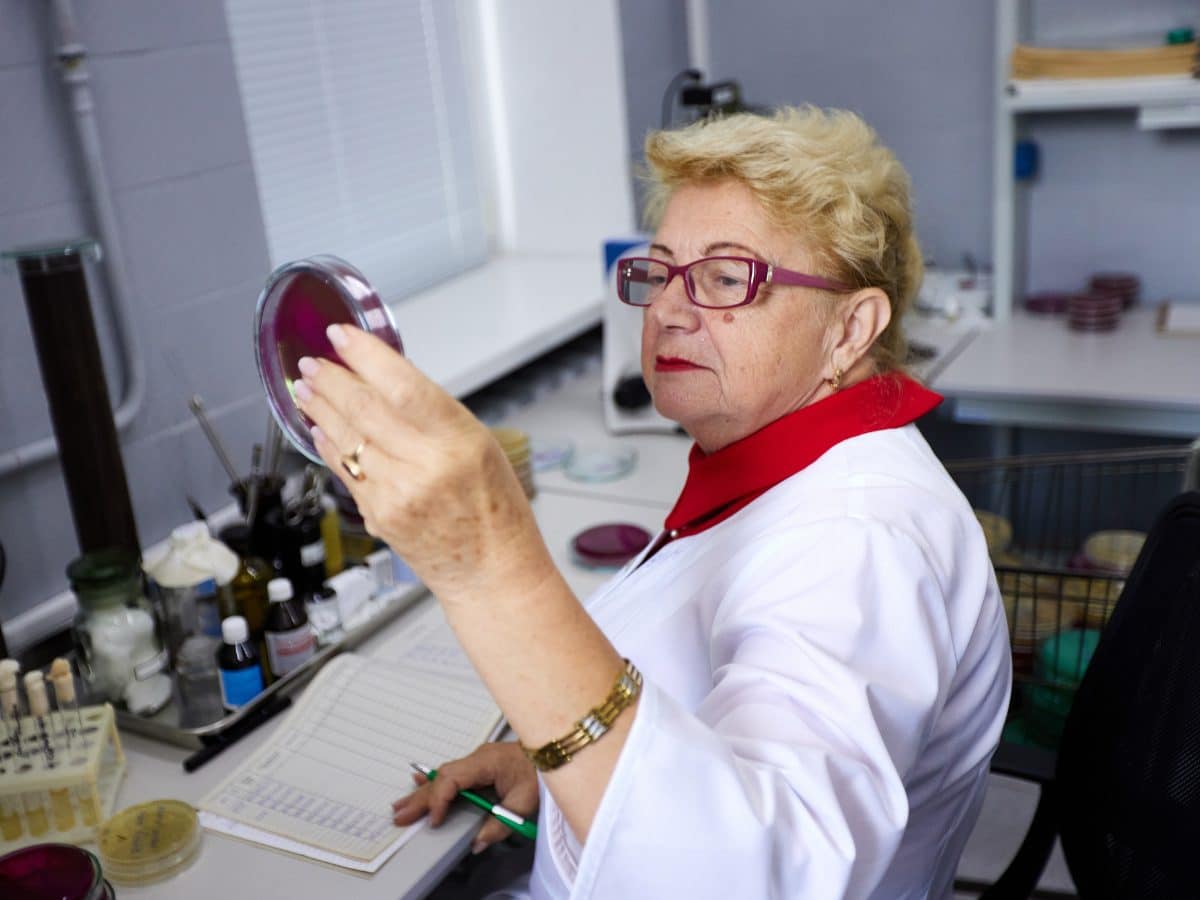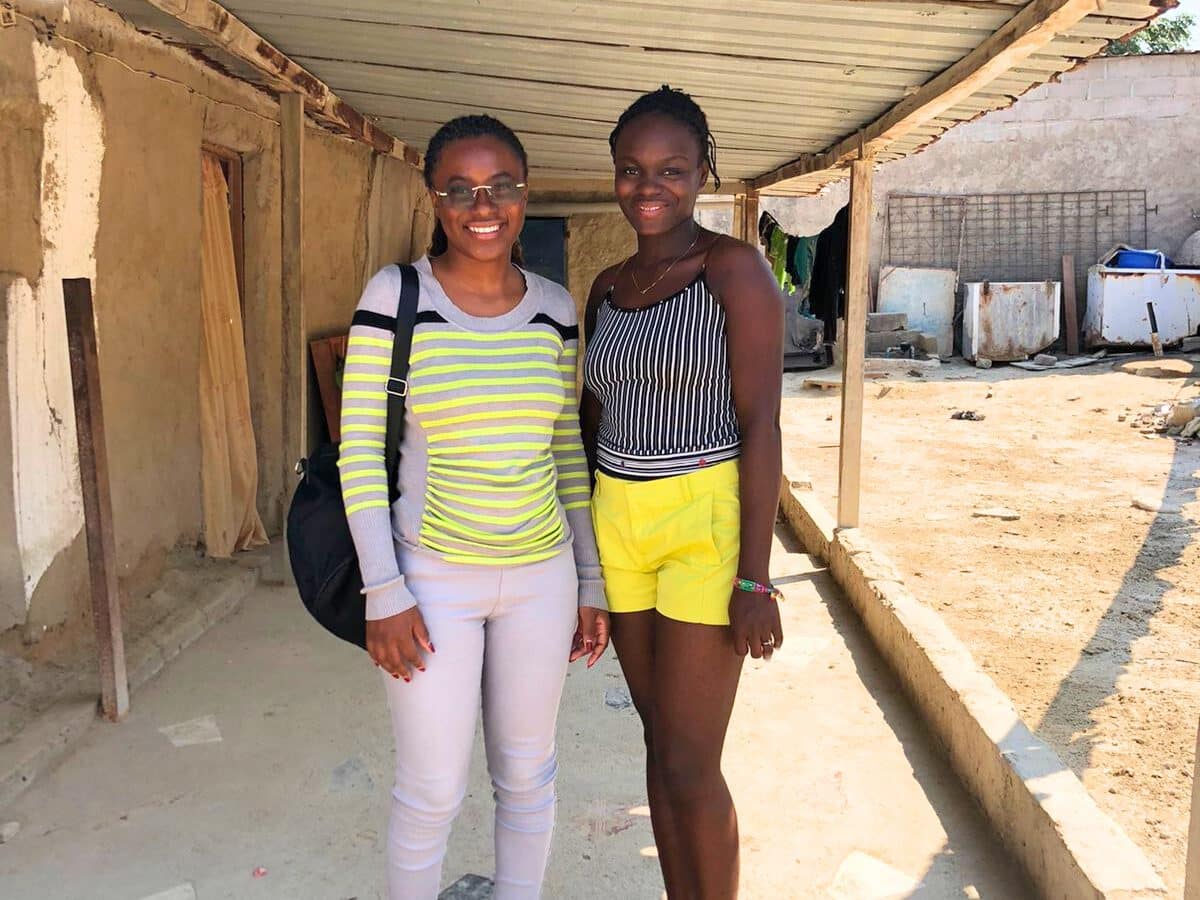ICAP at Columbia University is helping establish South Sudan’s first internationally accredited laboratory to catalyze robust research opportunities and the ability to deliver rapid HIV prevention, treatment, and care services to individuals who need them most.
Over the last decade, health officials in South Sudan have tried ardently to establish laboratory accreditation and a laboratory quality management system (LQMS), both of which help constitute internationally accepted test results, increase test quality accuracy, and reduce frequency of laboratory errors, ultimately improving timeliness and accuracy of patient care.
In 2020, ICAP’s Laboratory Systems Strengthening project in South Sudan, funded by the United States President’s Emergency Plan for AIDS Relief (PEPFAR) through the Centers for Disease Control and Prevention (CDC), began building a roadmap for the process of lab accreditation at the request of the Ministry of Health’s National Public Health Laboratory (NPHL).
Emphasizing the urgency of laboratory continuous quality improvement (LCQI) at all levels, NPHL director general Dr. Lul Deng Lojok, said, “We as a country don’t have any laboratories achieving international accreditation, let alone gain even two stars using SLIPTA [framework for improving quality of public health laboratories] checklist.”
The new accreditation of what will be called the HIV Reference Laboratory of the NPHL, established in Juba, is expected to be finalized by June 2022. The laboratory will be registered for international accreditation of viral load testing and Early Infant Diagnosis (EID) testing, both of which contribute immensely to improved treatment quality and individual health outcomes of people living with HIV and those at elevated risk of contracting the virus.
To drive the accreditation process, ICAP hired and trained skilled staff locally and regionally to provide technical supervision on standardized lab procedures and developed a pool of 10 national and sub-national LCQI mentors and auditors. The project conducted baseline facility- and site-level SLIPTA audits and organized Laboratory Quality Management Systems (LQMS) and Good Laboratory Practice (GLP) trainings of facility staff, followed by post-training LCQI mentorship and technical supervision.
Already by December 2021, the lab had progressed from a SLIPTA rating of zero stars to four stars, five stars being the highest rating measuring progress of laboratory systems towards international accreditation. Additionally, in-country production and distribution of such services as proficiency testing, which verifies reliability of laboratory results, was also established.
“Every year, individuals in South Sudan are newly diagnosed with HIV, but the absence of an accredited laboratory in the country limits accurate health care service delivery,” said Robert Olemukan, an ICAP technical specialist leading the project. “An internationally accredited lab is not only critical for delivery of health care services to those individuals but is essential for developing and attracting quality in-country and international medical research, researchers, and sustainable funding.”
Leading up to the lab’s accreditation, the project developed and launched five national laboratory policy documents, including a national lab quality manual to standardize implementation at all levels. The project also identified the national lab quality director to lead national level efforts, held a national lab stakeholders’ workshop to identify shared visions, and supported the launch of a lab professionals’ union.
“We are proud of achieving this major milestone after so many years, and under the constraints of the COVID-19 pandemic, no less,” Olemukan added. “It is one milestone of many that we aim to meet in South Sudan.”
About ICAP
A major global health organization that has been improving public health in countries around the world for nearly two decades, ICAP works to transform the health of populations through innovation, science, and global collaboration. Based at Columbia Mailman School of Public Health, ICAP has projects in more than 30 countries, working side-by-side with ministries of health and local governmental, non-governmental, academic, and community partners to confront some of the world’s greatest health challenges. Through evidence-informed programs, meaningful research, tailored technical assistance, effective training and education programs, and rigorous surveillance to measure and evaluate the impact of public health interventions, ICAP aims to realize a global vision of healthy people, empowered communities, and thriving societies. Online at icap.columbia.edu








